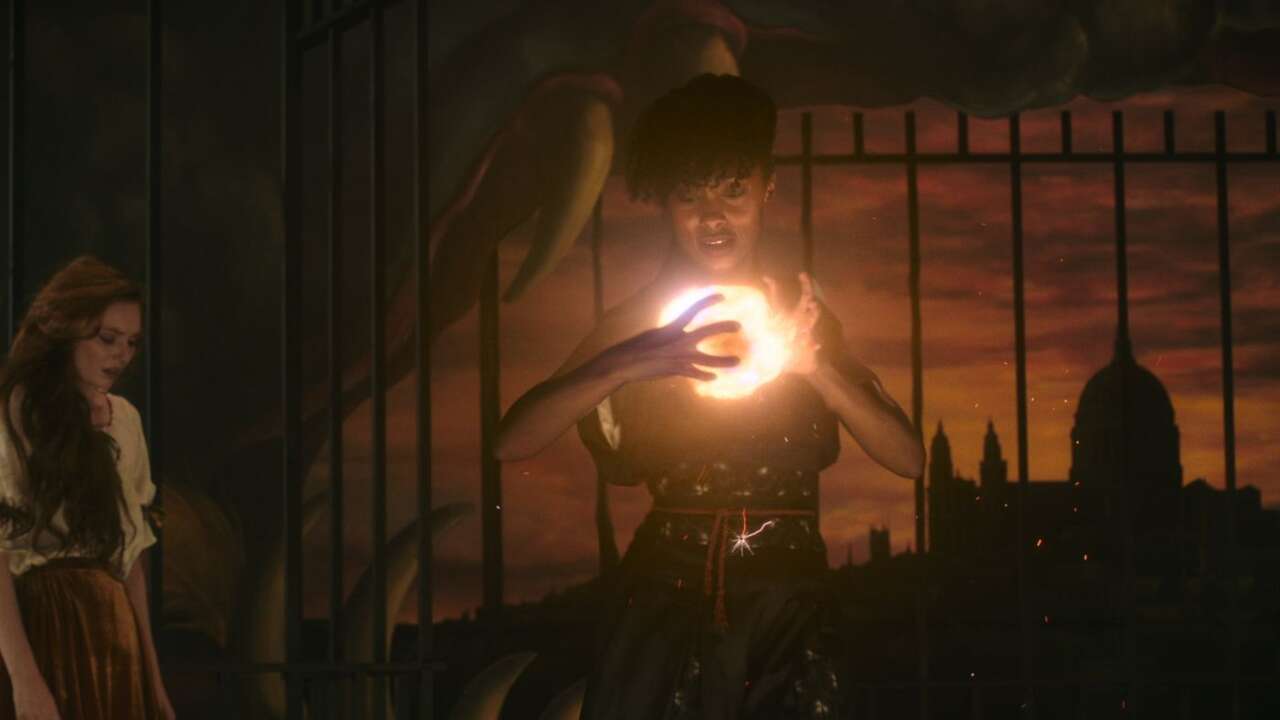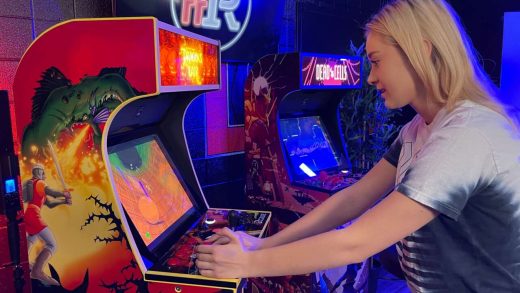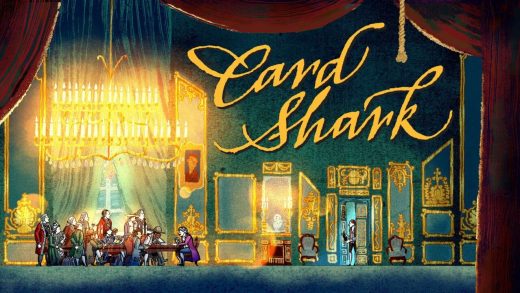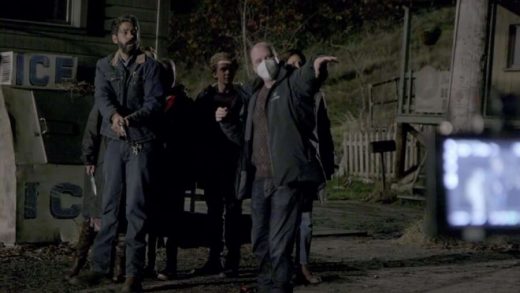
Update: HBO CEO Casey Bloys has responded to the report of him having staffers create fake social media accounts to troll critics, offering an apology. Appearing at a pre-planned HBO and Max event on the morning of November 2, Bloys addressed the crowd. “For those of you who know me, you know that I am a programming executive very, very passionate about the shows that we decide to do. And the people who do them and the people who work on them,” he said, according to Variety. “I want the shows to be great. I want people to love them. I want you all to love them. It’s very important to me what you all think of the shows. When you think about that, and then think of 2020 and 2021, I’m working from home and doing an unhealthy amount of scrolling through Twitter. And I come up with a very, very dumb idea to vent my frustration.”
He continued, “Obviously, six tweets over a year and a half is not very effective. But I do apologize to the people who were mentioned in the leaked emails, texts. Obviously, nobody wants to be part of a story that they have nothing to do with. But also, as many of you know, I have progressed over the past couple of years to using DMs. So now, when I take issue with something in a review, or take issue with something I see, many of you are gracious enough to engage with me in a back and forth and I think that is a probably a much healthier way to go about this. But we’ll talk more about that, and you guys can ask me anything you want in the Q&A. I just wanted to put that out there.”
You can read the original story below.
HBO CEO Casey Bloys asked staff to create fake accounts on Twitter to respond to critics who tweeted negatively about its shows, Rolling Stone reports, based on the contents of a lawsuit against the company. HBO has not disputed the allegation.
The lawsuit was filed by former HBO employee Sully Temori against the company and a number of its higher-ups, including Abel “The Weeknd” Tesfaye and others who worked on his show The Idol. The lawsuit alleges Temori, who worked for the company in various roles from 2015 until he was laid off in 2021, was subject to harassment, discrimination, and retaliation after he disclosed a mental health diagnosis. Temori also claims he was made to perform menial tasks not related to his role–including creating fake accounts to respond to critics.
Messages between Temori and Kathleen McCaffrey, HBO’s senior vice president of drama programming, show McCaffrey asking for Temori’s help with Twitter. She explains that Bloys, who was then HBO’s president of original programming, was “obsessed with Twitter” and “always wants to pick a fight on Twitter.” McCaffrey goes on to ask: “Is there a way to create a dummy account that can’t be traced to us to do his bidding.”
A number of specific incidents are highlighted in the lawsuit materials. In one, Bloys looks for a response to Rolling Stone critic Alan Sepinwall’s negative review of Joss Whedon’s critically panned The Nevers. “Casey [Bloys] is looking for a tweeter … he’s mad at Alan Sepinwall,” McCaffrey says in a text to Temori. “Can our secret operative please tweet at Alan’s review: ‘Alan is always predictably safe and scared in his opinions.’ And then we have to delete this chain right? Omg I just got scared lol.”
The exact wording from McCaffrey’s text was posted as a reply to Sepinwall’s original tweet, and is still viewable now. The reply was posted by an account named “Kelly Shepherd” that was created shortly before the tweet was sent, and has very little other account activity. Kelly’s account has sent a total of four replies, all defending HBO shows in response to critical tweets.
There are a number of other similar incidents listed in Rolling Stone’s article, with many of them referring to tweets that are still live and viewable today.
Bloys also reportedly had staffers take to the comments of Deadline articles to defend him and the company from negative sentiments expressed by commenters. One comment that allegedly drew his ire was posted on Deadline’s announcement of Bridget Everett’s series Somebody Somewhere, saying that HBO had gone downhill since HBO’s former president of programming Michael Lombardo left. “Can our friend post … ‘Hi David Levine! HBO seems just fine thanks!'” Bloys asked in a text, referring to former co-head of drama at HBO David Levine, who left the company in 2019. A comment with the same wording is still visible on the article.
When asked for comment by Rolling Stone, HBO didn’t dispute the legitimacy of the texts or the tweets, only responding that HBO would not “comment on select exchanges between programmers and errant tweets.”
The products discussed here were independently chosen by our editors.
GameSpot may get a share of the revenue if you buy anything featured on our site.


